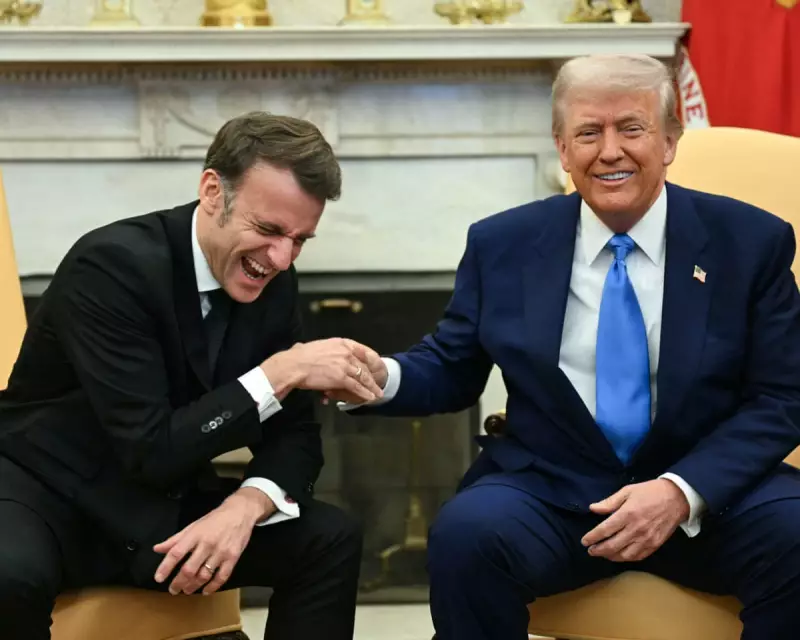
The spectre of Donald Trump's potential return to the White House is casting a long shadow across European capitals, prompting urgent discussions about the future of transatlantic relations and democratic stability.
A Looming Political Earthquake
European leaders are watching the American political landscape with growing apprehension. The possibility of Trump's second term represents more than just a change in administration—it signals a fundamental shift in America's role as a democratic anchor and security guarantor.
During his previous presidency, Trump repeatedly questioned the value of NATO alliances, threatened trade wars with European partners, and expressed admiration for authoritarian leaders while criticising democratic institutions. His potential return forces Europe to confront uncomfortable truths about its strategic dependencies.
The End of American Exceptionalism?
What makes this moment particularly dangerous is the convergence of multiple crises. Europe faces ongoing conflicts on its eastern flank, economic uncertainty, and internal political fragmentation—all while its traditional protector appears to be turning inward.
The erosion of democratic norms in the United States no longer feels like an abstract concern but an immediate threat to European security and economic interests. As one European diplomat privately noted, "We're preparing for the unthinkable while hoping for the best."
Europe's Strategic Dilemma
European nations now face a critical choice: continue relying on American leadership despite its increasing unpredictability, or accelerate efforts toward strategic autonomy. Neither path offers easy solutions.
- Military Independence: Developing European defence capabilities independent of NATO
- Economic Resilience: Building trade partnerships that can withstand American protectionism
- Democratic Solidarity: Strengthening alliances with other democratic nations
- Institutional Reform: Preparing European institutions for a more hostile international environment
The Urgent Need for Contingency Planning
European governments cannot afford to wait for the American election results to begin their preparations. The time for contingency planning is now. This includes:
- Developing rapid response mechanisms for potential trade disruptions
- Strengthening intelligence-sharing networks outside traditional US channels
- Creating diplomatic backchannels to manage crises without American mediation
- Investing in strategic communication to counter disinformation campaigns
A Watershed Moment for European Democracy
The challenge extends beyond immediate security concerns. Trump's potential return represents a broader ideological threat to democratic values that have underpinned the post-war international order.
European leaders must demonstrate that democratic governance can deliver security, prosperity, and stability—even when America appears to be abandoning its traditional role. This requires not just defensive measures but positive vision for Europe's future.
The coming months will test European unity and strategic foresight like never before. How Europe responds to this challenge may define its role in the 21st century global order.





